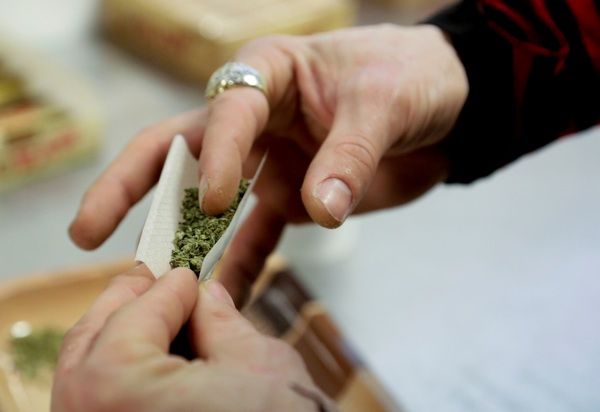
New Zealand's drug policy isn't working—at least, that's what some members of the country's Drug Foundation argued during a parliamentary symposium on Wednesday. Under current policy, possession and use of illicit drugs is completely illegal and could result in offenders paying hefty fines as well as spending time behind bars.
The Drug Foundation argued that the country needed to treat drug use as a public health issue instead of a criminal one, and requested that parliament not only consider decriminalizing all drugs but allow use of some narcotics to be legalized.
Instead of arresting, fining and jailing people caught using or in possession of any type of drug, the organization suggested offenders be issued a "mandatory caution" that would include an intervention session provided by an alcohol and drug counselor. Health information and legal counseling would be offered during the intervention, after which the community health official would recommend further rehabilitation and treatment if needed.
Along with decriminalizing all drugs, the foundation called for the legalization of marijuana and the inception of a strictly regulated cannabis market.
Calling the country's drug policy outdated in an op-ed for New Zealand news site TheSpinnOff.Co on Wednesday, foundation member Ross Bell said the despite the high conviction rates in New Zealand, drug use rates have yet to dwindle.
"The Misuse of Drugs Act 1975 is over 40 years old. It doesn't work and it is causing long term harm to New Zealanders. It sets out harsh criminal penalties for possession and use of drugs in an attempt to stop people taking them. It doesn't work, and we need to urgently do something differently," Bell wrote. "Even though we convict thousands of people each year for using drugs, we still have some of the highest use rates in the world. Our laws prevent people accessing help when they need it, and they leave thousands every year with a criminal record that damages their future."
Under the new proposal, people involved in commercial supply and trafficking of narcotics would still be subjected to criminal punishments.
"The vast majority of people who use drugs do so without causing harm to themselves or others. Prosecuting them can have a far-reaching negative impact on their lives but has limited or no effect on their drug use," Bell continued. "The minority who do struggle with their drug use need support, compassion and access to treatment. Fear of criminal punishment does not stop people using drugs. In fact, it can make them use more heavily. Offering treatment instead is not only more humane, it actually works."
The Drug Foundations proposal is modeled after Portugal's drug policy reform, which decriminalized the use of all illicit drugs in 2000. Although drugs are still illegal in the country, people caught with up to a 10-day supply of drugs would referred to the Commissions for Drug Addiction Dissuasion, where they would undergo drug education and treatment instead of facing fines and jail time.
Uncommon Knowledge
Newsweek is committed to challenging conventional wisdom and finding connections in the search for common ground.
Newsweek is committed to challenging conventional wisdom and finding connections in the search for common ground.
About the writer
Michigan native, Janice Williams is a graduate of Oakland University where she studied journalism and communication. Upon relocating to New ... Read more
To read how Newsweek uses AI as a newsroom tool, Click here.








